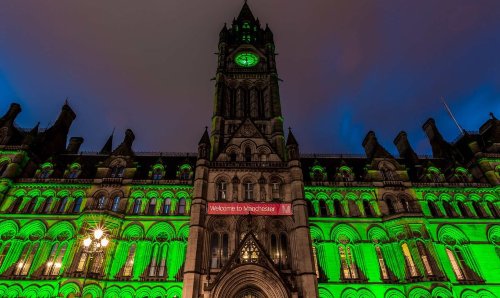Toward a ‘green recovery’ in food provision: Influencing policy in Manchester
This project will develop proposals for how to use the COVID-19 recovery as an opportunity to shift toward healthier, more equitable, more sustainable, and zero-carbon food systems.

To mitigate the effects of the COVID-19 pandemic the UK government is developing large recovery packages.
Many scholars and policy organizations call upon governments to use these packages to accelerate a transition toward greener, fairer societies (Hepburn et al., 2020; IEA/IMF, 2020; IPPR, 2020).
The organisation and governance of the production, distribution, and consumption of food have multiple implications for the health, wellbeing, and economic welfare of citizens.
Nevertheless, so far, the debate on the ‘green recovery’ has focussed on opportunities in energy, transport, and digital infrastructure.
This project builds on a stream of research exploring social, cultural, and technological aspects of food system transition at different scales, ongoing at the Sustainable Consumption Institute (SCI).
It aims to mobilise established social scientific expertise on food-system transitions and work in collaboration with the Manchester Climate Change Agency, to identify opportunities and make policy recommendations on how to use post-COVID recovery funding and policy to stimulate innovation in food provision in the city of Manchester.
